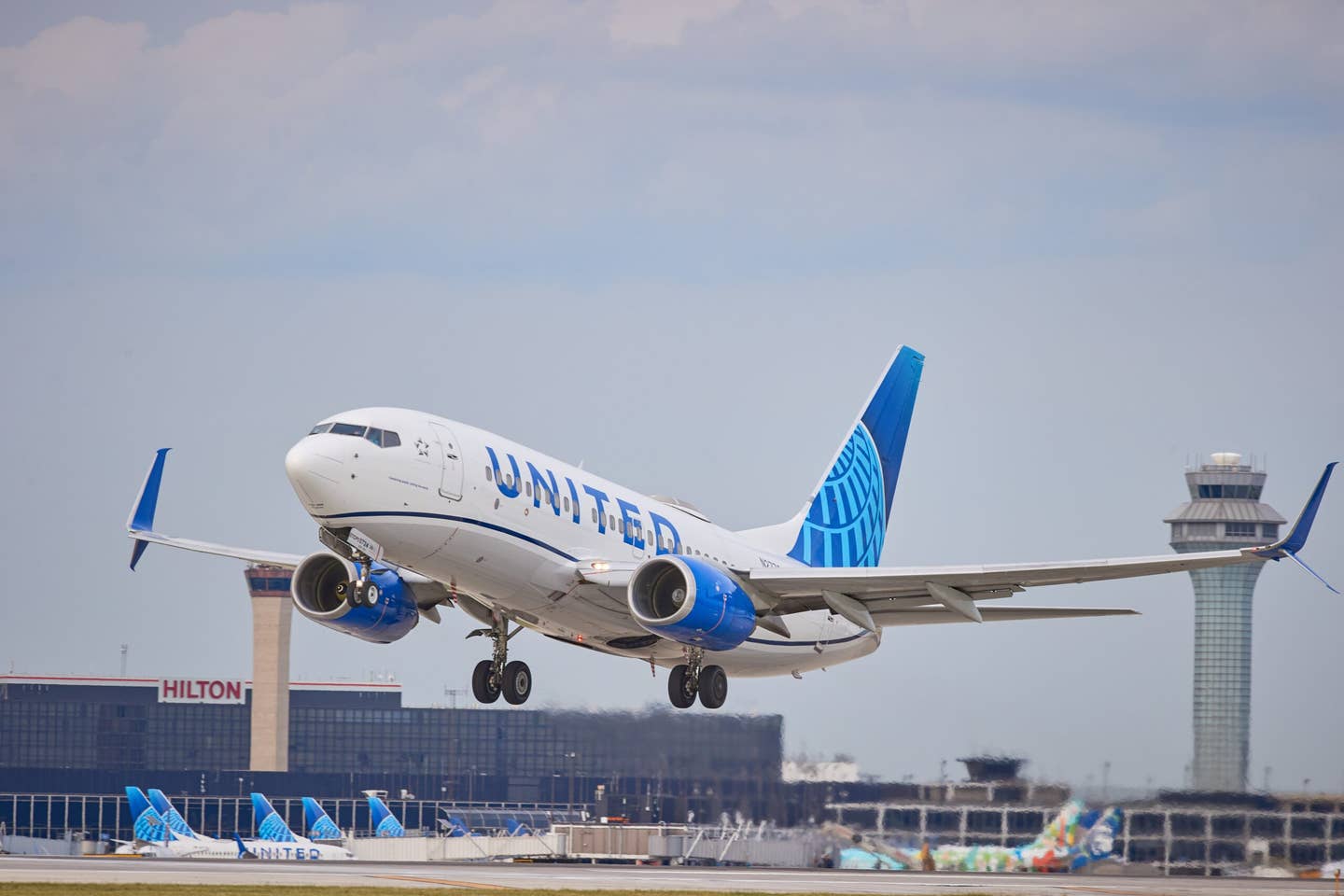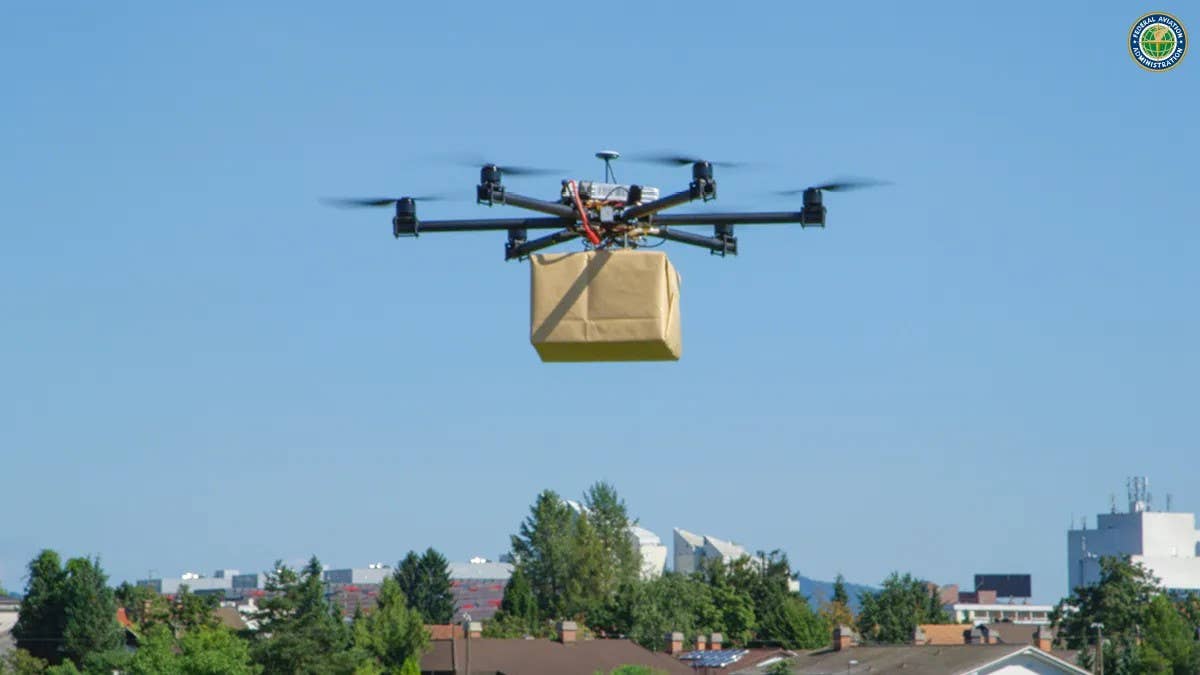City Cleared to Begin Phasing Out Banning Municipal Airport
The non-tower facility is roughly 10 miles west of Palm Springs International Airport and has a 5,000-foot runway.

Banning Municipal Airport is equipped with a single runway designated as Runway 8-26. [Courtesy: City of Banning]
An amendment attached to the recently passed FAA Reauthorization Act releases the city of Banning, California, from its obligation to keep its city-owned airport in operation, opening the door to begin phasing the airport out.
The non-tower facility, roughly 10 miles west of Palm Springs International Airport (KPSP), has a 5,000-foot runway. According to the most recent AirNav data (calculated as of year-end 2023), it is home to 22 single-engine aircraft, two multi-engine aircraft and one helicopter. It averages 105 operations per week—75 percent of which are transient.
The city has been trying to close Banning Municipal Airport (KBNG) since 2017, following its 2016 study that concluded: “The airport lacks the necessary infrastructure and demand to remain viable and has become a financial drain on the community.” According to city officials, the study also found that closing the airport “would unlock significant economic potential for the city, paving the way for transformative development and job creation in our region.”
The Morongo Band of Mission Indians tribe owns much of the land adjoining the airport, and the city claims that economic development of that land has been compromised by state-mandated crash zones. Charles Martin, chairman of the tribe, was among those working to close the airport.
Terms of the amendment require the city to repay the FAA for fair market value for 20 acres of airport land it received in a 1983 grant, repay all unamortized airport grant money and redistribute all salvageable airport and aviation equipment to other airports.
Banning Mayor Alberto Sanchez said, “We will be working with the FAA on the process to have an orderly closure of the airport in the coming months. We are working to develop a timeline, however, we do anticipate it will take a bit of time for the process to unfold. We will be working with the current tenants of hangars to ensure that there is a relocation assistance plan, most likely at one of the 14 nearby airports.”
Last year, Banning approved an exclusive negotiating agreement with Texas-based Perot Company subsidiary Hillwood Properties to develop the land. Perhaps ironically, Hillwood developed AllianceTexas at Perot Field Fort Worth Alliance Airport. The Hillwood website describes the development as “a 27,000-acre, master-planned development encompassing industrial, logistics, corporate office, retail, aviation, multifamily housing, and more.”
In announcing the passage of the FAA Reauthorization Act with the amendment clearing the way for Banning to close its airport, U.S. Senator Alex Padilla, D-California., said, “For too long, the Banning Municipal Airport has been a financial drain on the community, preventing redevelopment and economic growth. Now, after years of work, the city of Banning and Morongo Band of Mission Indians can finally unlock untapped economic opportunity blocked by the airport. This is a significant milestone for the city and tribe—and a major step toward creating good new jobs for local residents.”
Editor’s Note: This article first appeared on AVweb.

Subscribe to Our Newsletter
Get the latest FLYING stories delivered directly to your inbox






